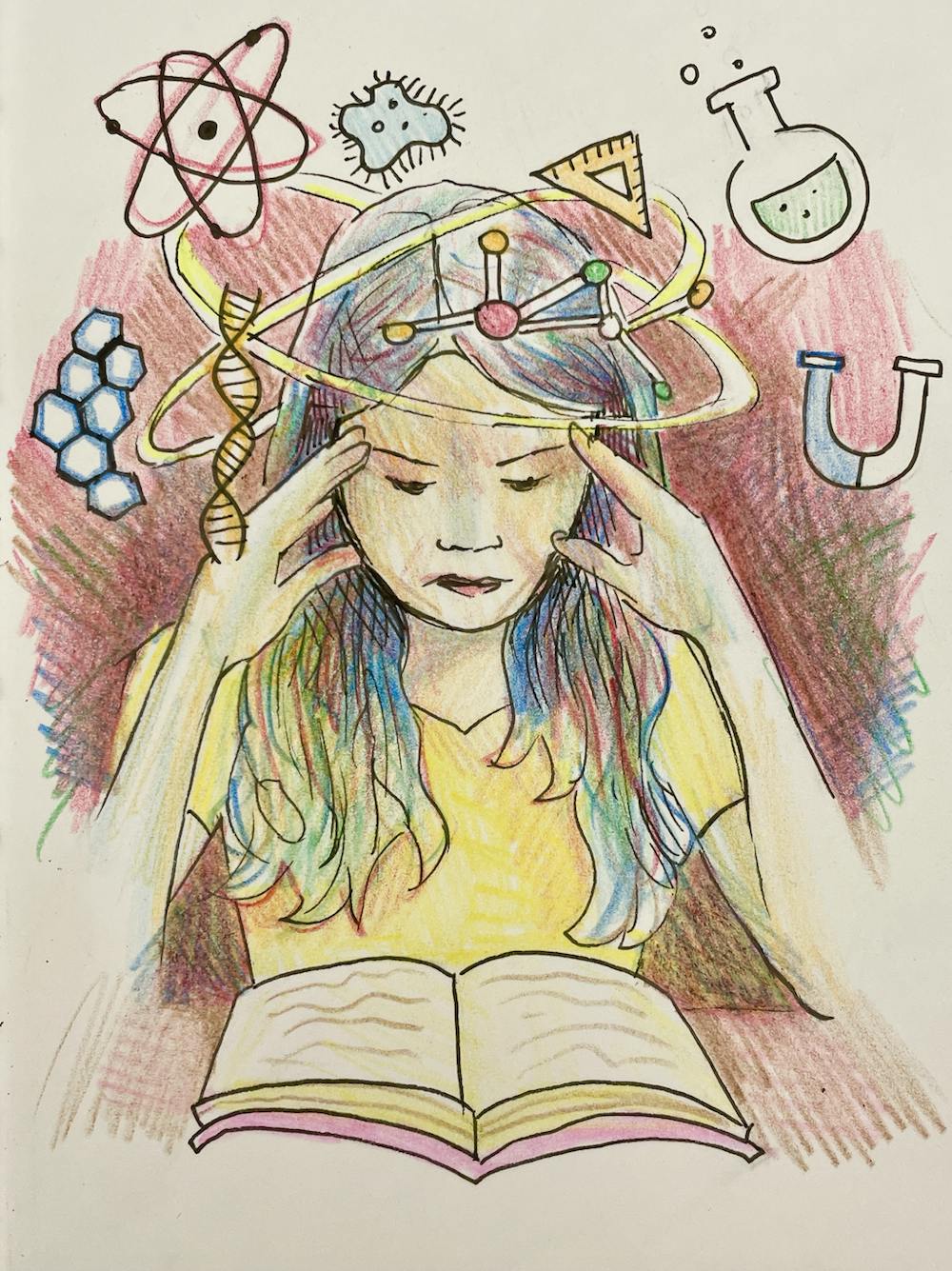Arizona State University Assistant Professor Katelyn Cooper discussed her research on the mental health of undergraduate and graduate students in science fields at an event hosted by the Sheridan Center for Teaching and Learning Wednesday.
To understand how mental health interacts with both undergraduate and graduate science programs, Cooper’s lab “interviewed hundreds and surveyed thousands of … students with anxiety and depression,” according to the event’s description. Her research identified key aspects of science learning environments — including structure, social interactions, feedback and progress — which can impact students’ anxiety and depression.
According to Cooper, some practices that can improve student mental health include active learning activities, regular meetings between professors and students, formative assessments in class, connections between incoming and senior researchers and collaboration among students.
“It’s up to the administration to value, incentivize and engage in some of these things, and get the right people in the right positions,” Cooper said. “I hope we’re moving towards a place where teaching is more valued so that we’re providing people with the training needed.”
According to Cooper, because individuals have fewer opportunities for success in research settings compared to teaching settings, it is important for instructors to emphasize failure as a normal part of science.
For graduate students who instruct classes, “providing teacher training is one of the most important things we can do,” Cooper said. “One of the major takeaways from our studies on grad students with depression and anxiety is that they want that training because they hate going into a class without” such supports.
Octavia Florent GS, a second-year chemistry graduate student, said the event was “very successful” and validating, showing her that “what we’re going through is not just on a personal level, but other students go through it too.”
Zannatun Noor GS, another second-year chemistry graduate student, said they attended the event in part because it could offer strategies for her to implement into her daily life.
Noor hopes that future talks like these can be tailored to principal investigators in labs.
Principal investigators “should also know how they can improve the relationships between themselves and their students,” Noor said.
Chemistry concentrator Jason Covey ’26 said he attended the event because he felt it was important to learn about mental health and peer support.
“I came to hopefully learn how to prevent, in the future, something too bad from happening to me or someone I care about,” Covey said, adding that he wants to ensure peers “are still checking in on each other and taking care of each other” in class.
Robayet Hossain is a Science and Research staff writer focusing on up-and-coming research and departmental updates. He is a first-generation sophomore from Bangladesh and graduated in New Orleans. He loves listening to a variety of music genres and reading horror stories just to have problems falling asleep.





